
Dr. Ngo Thi Hong Nhung
- Could you please tell us why we need to pay special attention to ensuring access to education for ethnic minority girls in Vietnam?
In the international legal system as well as in each country, access to education is one of the basic human rights.
Investing in girls’ education will boost the development of communities, nations and the world . Girls have the conditions to enjoy lifelong education, prevent early marriage and have the opportunity and ability to enjoy healthier, more productive lives.
Girls have the opportunity to increase their future income, participate in the decisions that affect them most, and build better futures for themselves and their families through access to education.
Girls’ education strengthens economies and reduces inequality. Girls’ education contributes to more stable, resilient societies, giving all individuals – boys and men – the opportunity to reach their full potential.
However, in Vietnam, ethnic minority girls still suffer from discrimination and inequality in enjoying basic rights, including the right to access education. Therefore, ensuring the right to education for this group is an urgent task, not only from a justice perspective but also as a sustainable development strategy.
- Currently, what regulations does Vietnam's legal system and policies have to protect the right to education of ethnic minority girls, madam?
The legal framework for education in Vietnam is relatively comprehensive and increasingly improved to ensure the right to education for ethnic minority girls. Specifically, Article 6 of the 1946 Constitution clearly states that "All Vietnamese citizens have equal rights in all aspects: political, economic, cultural".

Illustration
The issue of ensuring equal access to education for ethnic minority women in general and ethnic minorities in particular is also specified through regulations such as: "In addition to the right to equality, ethnic minorities are also assisted in all aspects to quickly catch up with the general level"; or "Elementary education should be compulsory and tuition-free in local primary schools, ethnic minorities have the right to study in their own language. Poor students are assisted by the Government. The 2013 Constitution continues to affirm that "everyone is equal before the law. No one is discriminated against in political, civil, economic, cultural, or social life" (Article 16).
Specialized laws such as the 2019 Law on Education, the 2006 Law on Gender Equality, the 2014 Law on Marriage and Family, etc. also provide specific regulations to ensure gender equality in access to education and the responsibility of the State, family, and society for the right to education of ethnic minority children.
The government has also issued a series of support policies such as tuition exemption, support for boarding and semi-boarding students, and admission to intermediate, college, and university schools...
The 2019 Education Law specifically stipulates that ethnic minority students are allowed to learn Vietnamese before entering grade 1, and are also given the opportunity to learn their own ethnic minority language. This is the foundation to ensure access to education for this special group.

Girls' education strengthens economies and reduces inequality
- However, besides those legal policies, in your opinion, what are the biggest barriers that make it difficult for ethnic minority girls to go to school?
Although the legal framework is quite complete, in reality, ethnic minority girls still face many serious challenges:
Firstly, economic disparity and poverty are major barriers. According to the General Statistics Office (2020), the average income in mountainous provinces such as Dien Bien and Ha Giang is only about 1.7 - 1.8 million VND/person/month, much lower than Hanoi (5.981 million) and Ho Chi Minh City (6.537 million).
Low income and development gaps between the plains and mountainous areas directly affect the learning ability of ethnic minority children.
Second is the difficulty in infrastructure and transportation. Many highland villages such as Sin Ho district, Lai Chau, still have up to 18 villages without motorbike access. Similar situations also occur in some provinces of Tuyen Quang, Dien Bien... making going to school an arduous journey, especially for girls.
Third, the language barrier is a prominent problem. Ethnic minority children mainly speak their mother tongue and have little exposure to Vietnamese before entering first grade, making it difficult for them to absorb lessons, causing them to become bored and easily drop out of school. According to a survey by the World Bank (2012), more than 90% of ethnic minority children speak their mother tongue at home and many have not been exposed to Vietnamese before entering school.
Fourth, gender stereotypes and backward customs such as early marriage are also major causes. The rate of marriage before the age of 18 among ethnic minorities is 23.1%, nearly 2.5 times higher than that of the Kinh people (9.2%) (General Statistics Office, 2020).
This leads to many girls having to drop out of school early to get married and take care of children, unable to continue their studies or attend vocational training courses.
In addition, the lack of qualified ethnic minority teachers and poor facilities also make the quality of education in ethnic minority areas much lower than the national average.

The government has also issued a series of support policies such as tuition exemption, support for boarding and semi-boarding students...
- To ensure the right to education for ethnic minority girls, what do you think are the fundamental solutions in the coming time?
First of all, the Government needs to effectively implement sustainable poverty reduction policies, especially in ethnic minority areas. Improving family economic conditions is the foundation for children to have stable access to education.
Next is to increase investment in educational infrastructure: build schools near residential areas, improve roads, dormitories, cafeterias, etc. to help students not have to travel far or live in poor conditions.
It is necessary to develop bilingual education programs (mother tongue - Vietnamese), expand the number of textbooks in ethnic languages. The report at the Committee on the Rights of the Child (2022) said that 8 programs and 6 textbooks in ethnic languages have been developed to support Mong, Jrai, Khmer students...
In addition, it is necessary to strengthen communication and change public awareness, especially among adults in the family, to break the prejudice that "education is only for boys". Education needs to go hand in hand with social mobilization, especially in areas with the custom of early marriage and male preference.
Finally, there needs to be a policy to train and recruit high-quality ethnic minority teachers, supporting them to stay in schools and classes in difficult areas, because teachers are an important bridge for ethnic minority girls to access knowledge and the future.
Thank you very much!
Source: https://phunuvietnam.vn/nhung-giai-phap-tang-cuong-quyen-tiep-can-giao-duc-cho-tre-em-gai-dan-toc-thieu-so-20250811115830445.htm



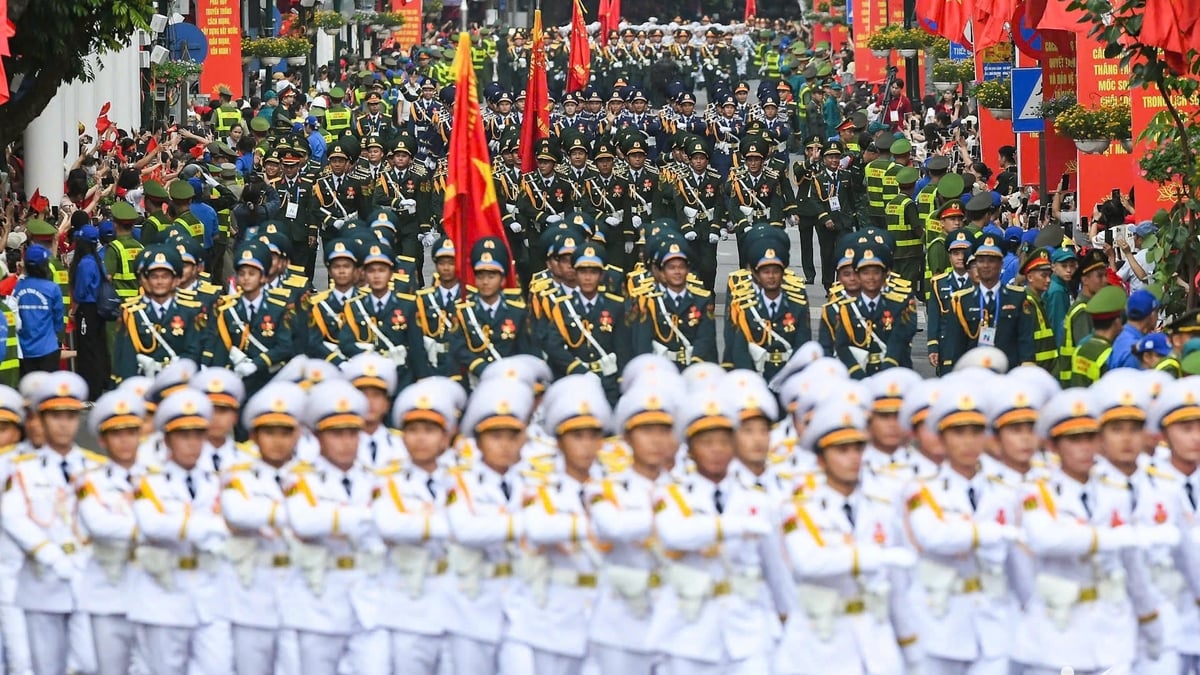
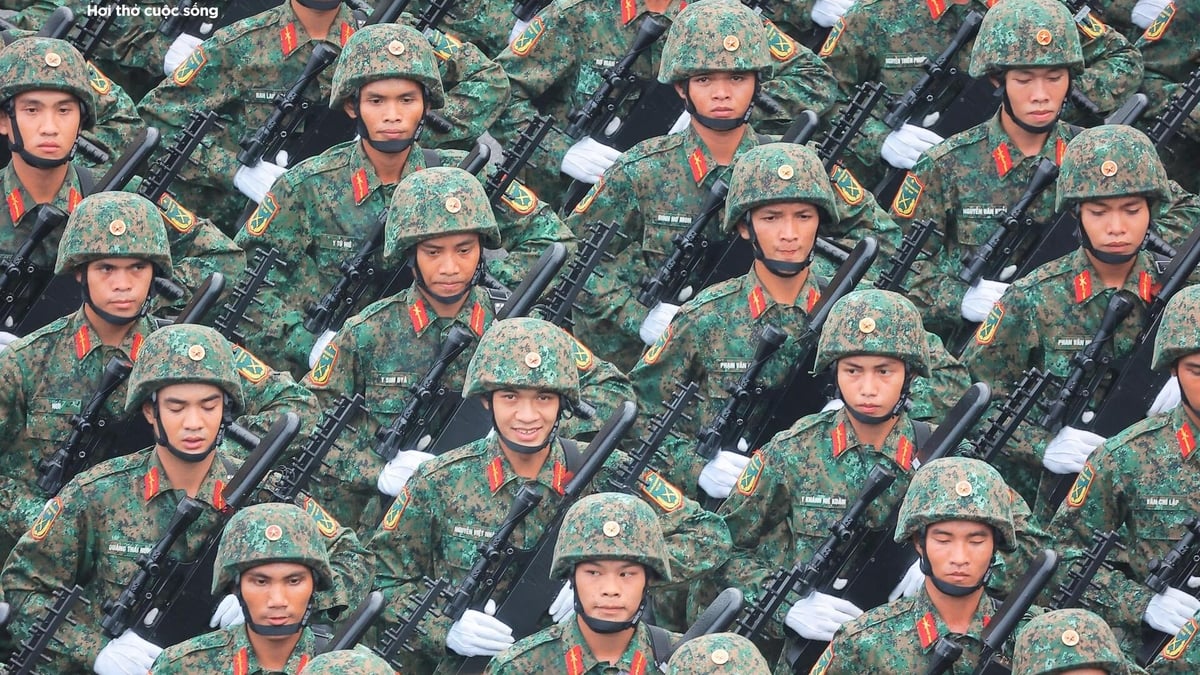

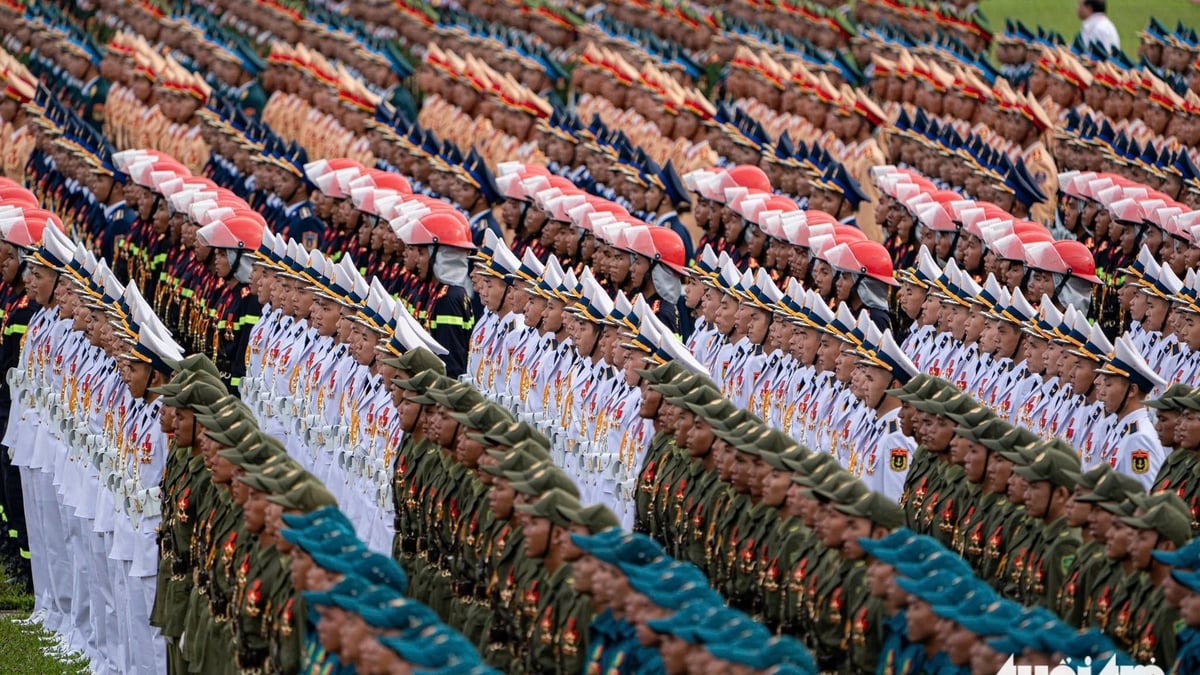

![[Photo] People eagerly lined up to receive special publications of Nhan Dan Newspaper](https://vphoto.vietnam.vn/thumb/1200x675/vietnam/resource/IMAGE/2025/8/30/53437c4c70834dacab351b96e943ec5c)
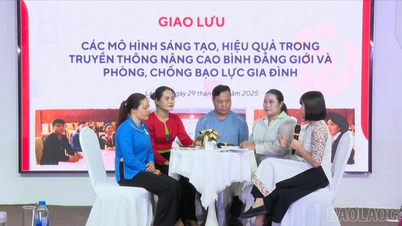



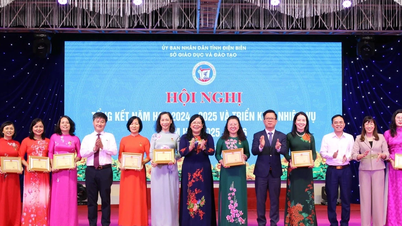

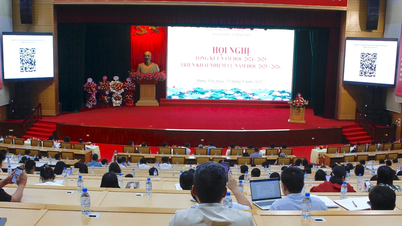
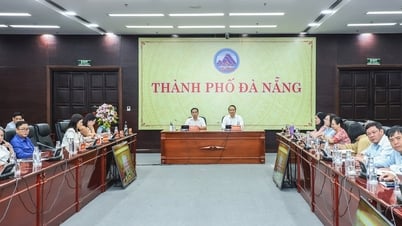
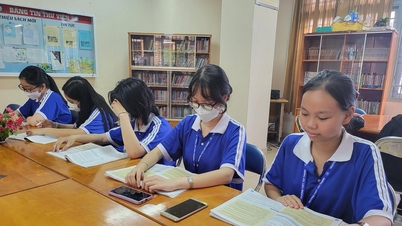




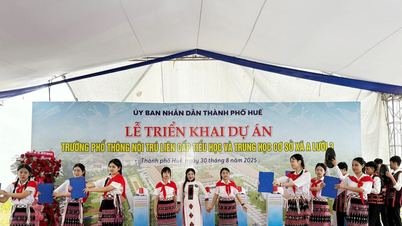


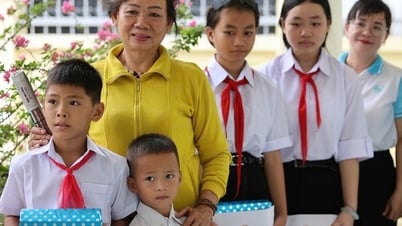












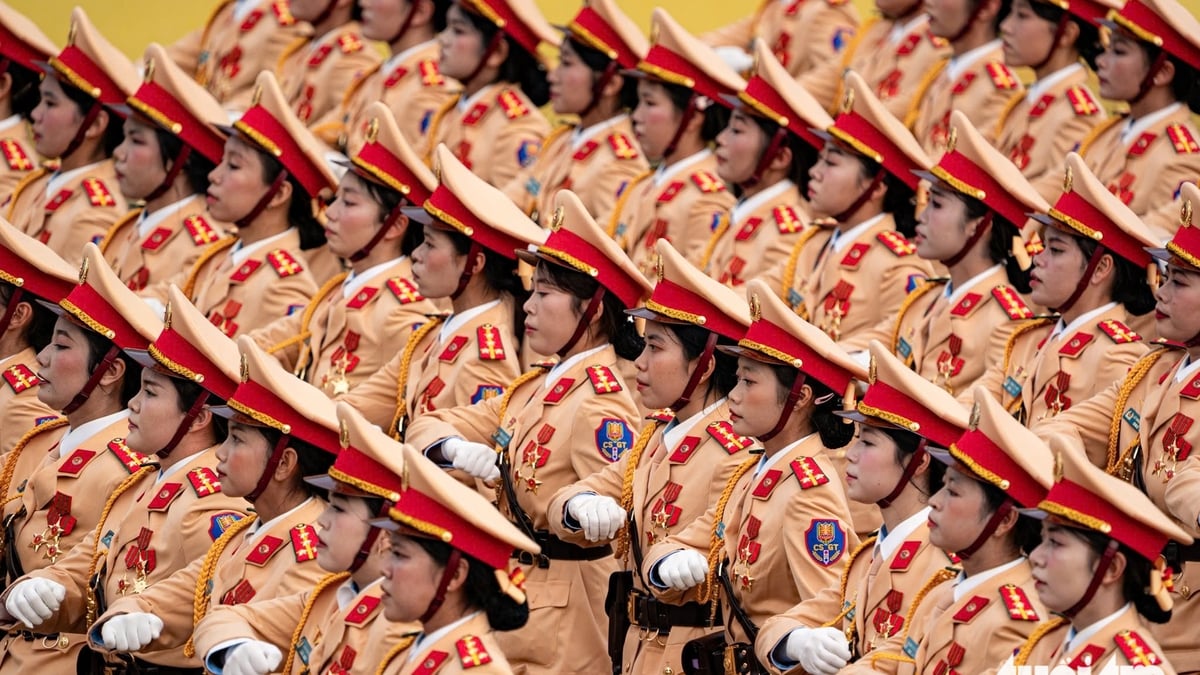













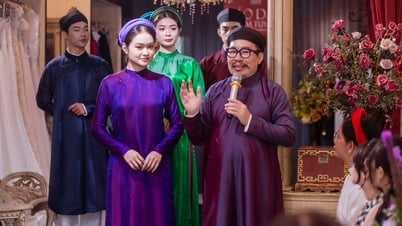


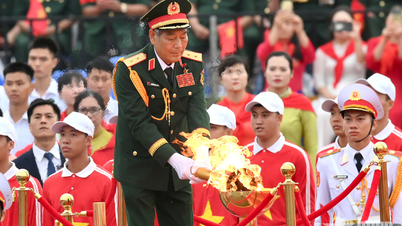


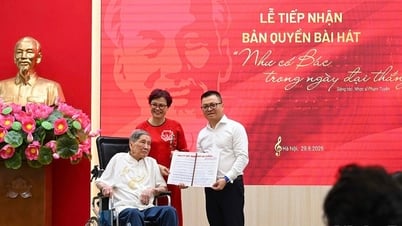








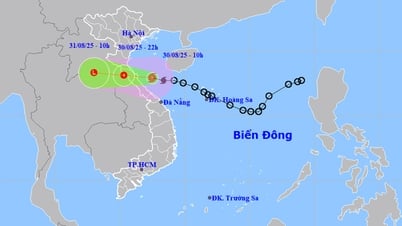



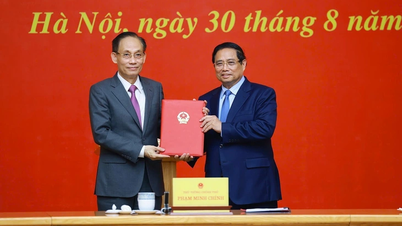









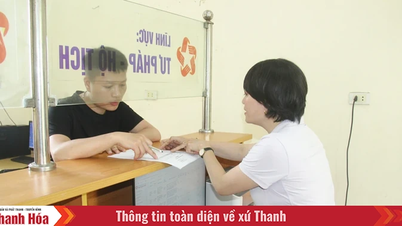





















Comment (0)